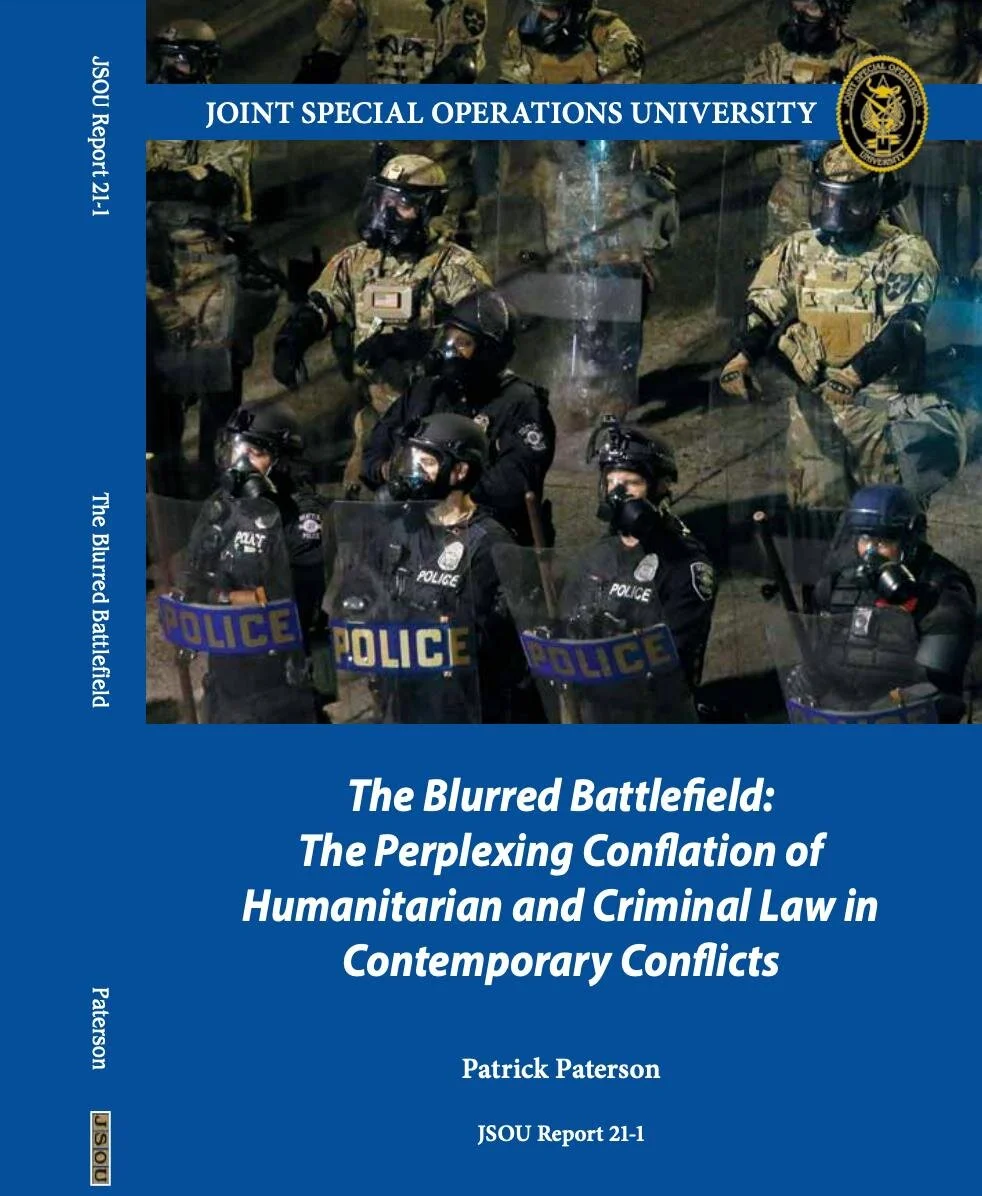After three years and dozens of negotiation sessions, the government and the FARC representatives announced on September 23, 2015 that they had reached agreement on four of the six main topics: land reform, political participation, cessation of drug trafficking, and accountability for crimes. The last item – accountability for crimes –was perhaps the one that threatened to derail the peace talks more than any other. The peace talk participants had wrangled over the issue for most of 2014 and 2015, longer than any other item on the agenda. The groups declared from Havana that they had set March 23, 2016 as the date that they would sign a formal, final accord.
Recently, truth commissions have become a common feature in countries transitioning to post-conflict societies. Worldwide, nearly 40 truth commissions have been conducted since the 1980s to address mass crimes, consolidate the rule of law, and promote reconciliation. With its long history of military rule, internal conflicts, and tendencies of political exclusion, Latin America has been especially receptive to truth commissions. Ten Latin American nations have conducted truth and reconciliation commissions, more than any other region of the world. Perhaps as a result of its reconciliation efforts, Latin America has made the most complete democratic transition of any other region.
In Colombia, however, the deep-seated suspicions and animosities among the warring factions present a serious dilemma to conflict-resolution efforts in the country. According to the FARC guerrillas, they were fighting a legitimate military action against a corrupt government run by landed oligarchy. They were battling, they insist, for land reform, political rights, and economic opportunity. As an organized rebel army, the FARC believe that they deserve combatant privileges in accordance with the Geneva Conventions and international law. To their reasoning, civilians killed or harmed by their actions were the natural result of the chaos of war, and they believe government forces that “forced” them to fight should share responsibility for these casualties. The point to the fact that the paramilitary militias controlled by wealthy landowners and industrialists were responsible for more murders and massacres than the guerrillas. FARC representatives insist that these private armies were, in fact, an extension of the Colombian military—therefore the Colombian government should be held accountable for state terror.
On the other hand, many members of the Colombian government (in particular, the armed forces and police) believe the FARC are nothing more than drug traffickers and terrorists and therefore are not eligible for protection under international law. Instead, like common criminals, they should be subject to the national criminal code in Colombia. Additionally, these governmental groups oppose the peace process because they believe it offers the FARC a form of political legitimacy that they do not deserve. These opponents of the peace process point to the thousands of Colombian military and police who have been murdered by the FARC guerrillas. “We don’t want terrorists exercising positions of power while military officers having legally defended this nation under the constitution are convicted, humiliated, and imprisoned around the country,” said a representative for the Colombian Association of Retired Military Officers soon after peace talks began.
If the peace accords are signed in March 2016, Colombia faces difficult years ahead as the country tries to reconcile 50 years of violence. Many questions remain about how Colombia will implement the post-conflict demobilization of the armed groups. Few details have been revealed from the talks in Havana including how “restriction of freedom” is defined. The ceremony for the signing of the accord will be, without a doubt, one of the most important historical events in the country’s history. What comes next will be very difficult. The two sides have to implement the very challenging agreements they have made on the political participation of the FARC, the land reform and distribution initiatives, the illicit drug trafficking, accountability and punishment for crimes, and reparations for victims. Vengeance and retaliation tendencies will have to be voluntarily suppressed. Both groups will have to accept the legitimacy of the others to share political and social space in Colombian society. As one transitional justice scholar observed, a “collective amnesia” would be convenient.64 With luck, the country will move from negative peace to a long-sought positive peace.65 It will likely take decades to do so.
This blog post is excerpted from a longer piece, Transitional Justice in Colombia: Amnesty, Accountability, and the Truth Commission, published as the Perry Center Occasional Paper on January, 2016.
